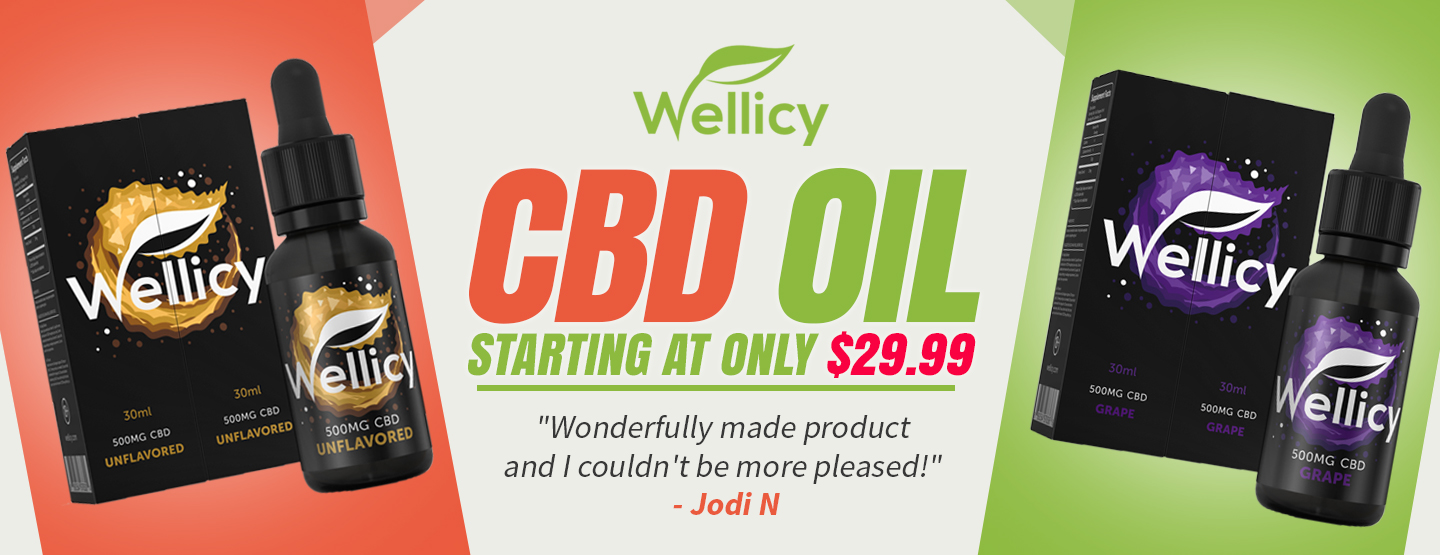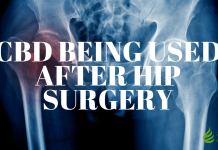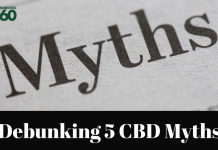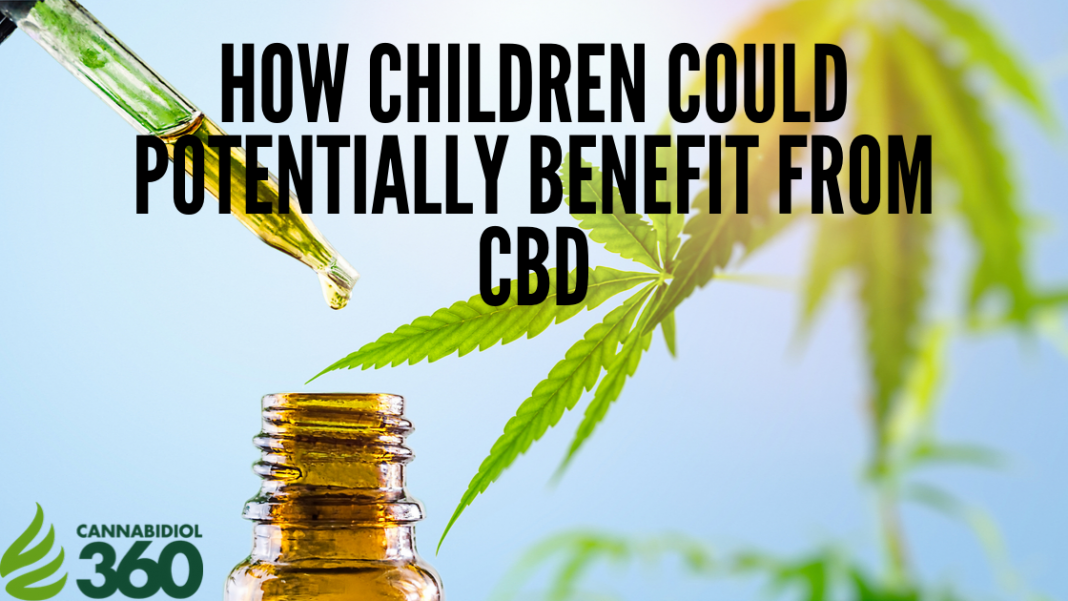
As CBD becomes more and more popular in the mainstream wellness world, it’s only natural that parents are starting to consider giving this natural cannabinoid to their children in order to help them with a certain ailment.
Most of us have seen studies that claim that this hemp-derived compound can help with everything from depression to seizures.
But, are these claims backed by legitimate science?
And, is CBD even safe to give to a child?
If you’re ready to take a leap of faith and give this compound a shot, we’re here to make things as simple as possible for you.
It turns out that lots of parents give their children CBD for various health-related purposes, and that’s because it has the potential to give your child the relief that they deserve.
CBD Won’t Get Your Child High
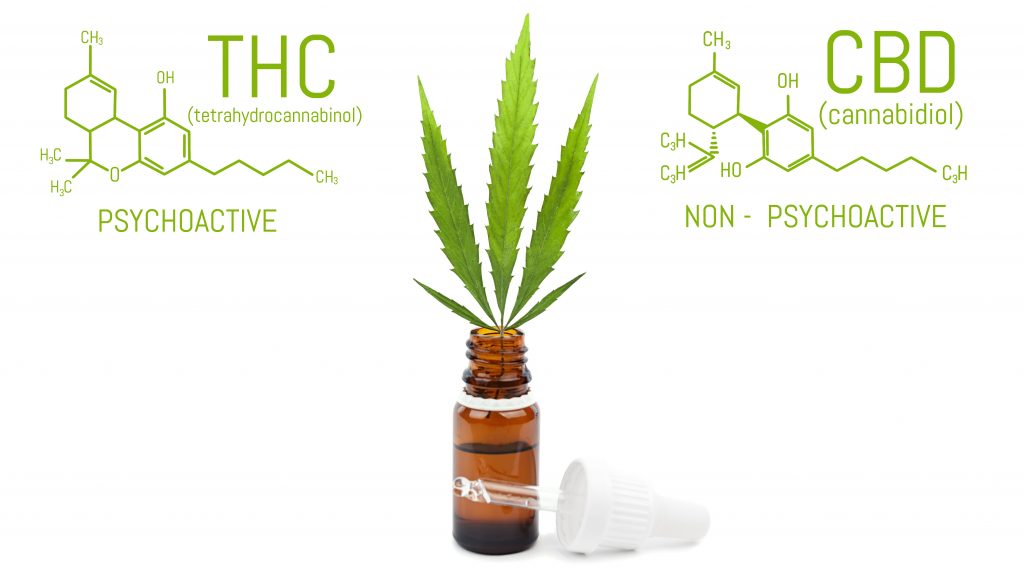
First, it’s important to make one thing clear, and that’s the fact that CBD won’t make your child high.
As you may know, in order for CBD to be sold and marketed legally throughout the United States, it must be derived from the hemp plant rather than the marijuana plant.
While the marijuana plant contains a high amount of THC, the psychoactive compound that gets users high, hemp contains only 0.3 percent or less of that compound.
This means that it’s physically incapable of making you or your child high.
Many parents, naturally, are afraid to give their child CBD because they believe that it might be psychoactive.
But now you know that there’s no way that CBD will produce psychoactive effects when given to your child.
CBD is Legal as Long as it Comes from Hemp
Another thing to keep in mind is that yes, it’s legal to consume and administer CBD as long as it comes from the hemp plant rather than the marijuana plant.
Even in states in which marijuana is legal, it’s illegal to give a person under the age of eighteen anything that’s derived from marijuana, including CBD, unless of course you have a prescription from a doctor.
Therefore, you don’t have to worry that you’re breaking the law by purchasing or administering CBD to your child.
CBD is Nontoxic
Also, CBD is nontoxic, which means that it’s considered impossible to overdose from it.
However, keep in mind that in very rare cases, bad reactions of varying degrees can occur as a result of consuming CBD, usually because of an unknown allergy to cannabis.
Therefore, monitor your child carefully as you begin giving them CBD as part of their daily regimen.
CBD is Considered Non-Addictive
Another interesting thing is that CBD is considered non-addictive, which means that you won’t have to worry about your child developing a dependency on the cannabinoid.
It’s believed that it’s non-addictive because the body stores excess levels of CBD for later use, which prevents withdrawal symptoms from occurring.
CBD Can and Should be Taken Daily for the Best Results
If you’re trying to treat a specific ailment with CBD, it’s best to give it to your child at the same time each day.
Consistency is key when it comes to using this cannabinoid, and CBD can be taken daily without noted ill effects.
Taking CBD each day allows the compound to accumulate in the system much like a vitamin in which someone is deficient.
CBD Dosing is Different for Children
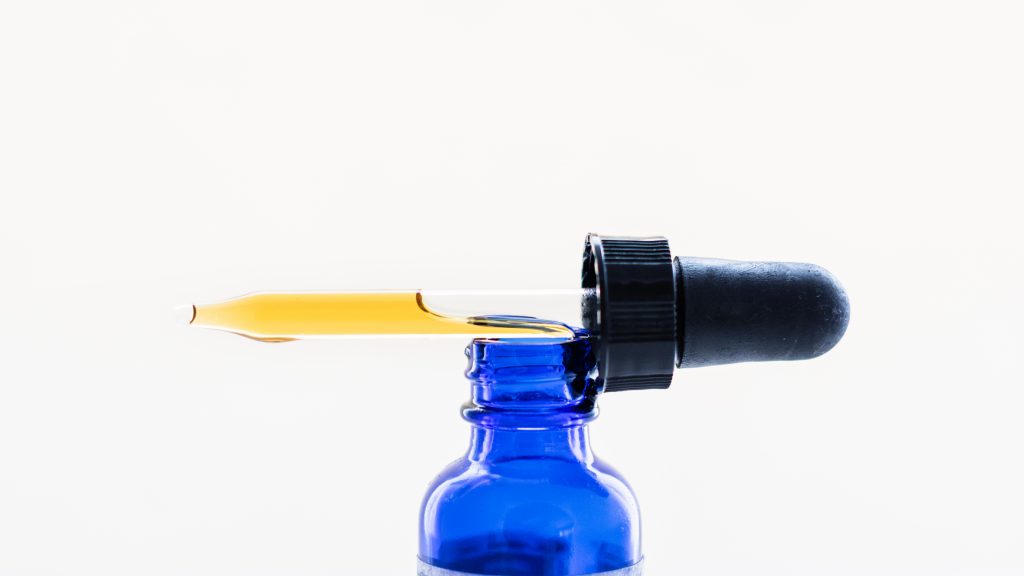
Because your child is smaller, they will need less CBD than someone who has the body of an adult.
While CBD is considered safe to take in high doses, consider adjusting the dosage level based on your child’s size and weight.
Different Ways to Administer CBD to Your Child
CBD comes in a wide range of administration methods including oral tinctures, edibles, capsules and more.
It’s up to you to decide which administration method is best, but keep in mind that children should not vape CBD as it can interfere with their developing respiratory system.
Your Doctor Must Approve of Your Decision to Give Your Child CBD
Lastly, it’s extremely important that you speak with your doctor before giving your child CBD, and that you have their approval before beginning to administer it.
Ways in Which CBD Might Benefit Your Child
Now that you have an idea of its effects, here’s what it could do for your kid.
CBD Might Help with Epilepsy
CBD may be able to help with pediatric epilepsy by reducing activity between neurons in the brain.
CBD’s potential to treat epilepsy is so promising that the FDA has approved a CBD-based drug designed to help prevent seizures in children.
CBD Might Help with Anxiety
If your child has anxiety, CBD might be able to help.
Researchers have stated that CBD is capable of treating all kinds of anxiety disorders, and one study even found that the compound can specifically help children who are suffering from PTSD.
CBD Might Help with Pain
If your child struggles with pain that’s difficult to treat using conventional methods, you may want to consider giving them CBD.
CBD Might Help with a Poor Appetite
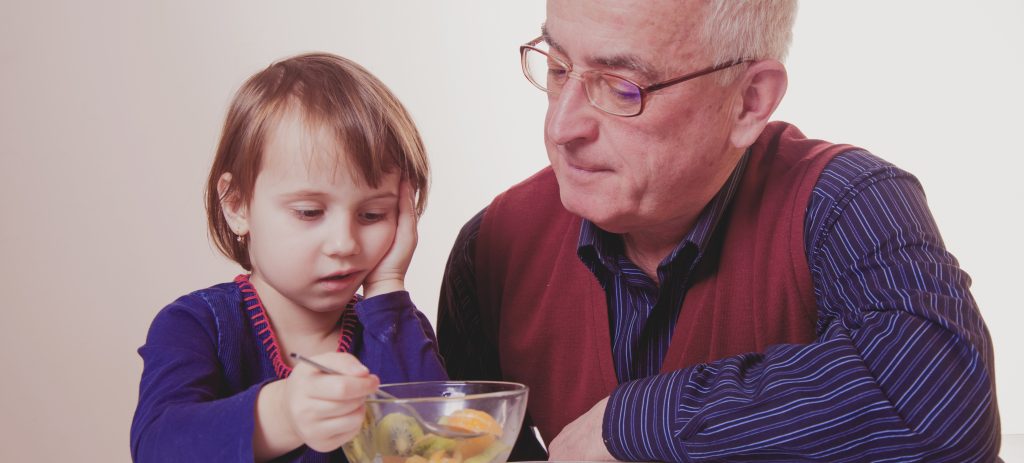
If your child is struggling with a poor appetite, we understand your frustration.
Luckily, CBD might be able to give their appetite the boost that’s necessary so that they can get their nutrients each day.
It’s important to point out that in order to stimulate your child’s appetite, you will need to use a full spectrum CBD oil with the presence of trace amounts of THC.
CBD alone will not stimulate appetite.
According to researchers, THC is the cannabinoid that may improve appetite while simultaneously making the act of eating more enjoyable.
CBD Might Help with Certain Autoimmune Conditions
CBD might be able to help with autoimmune conditions because of the unique way in which it works with the immune system.
CBD naturally supplements the body’s endocannabinoid system which controls every bodily system including the immune system.
Autoimmune conditions are indicative of an under-performing immune system, and CBD may give the body what it needs to help the immune system function more efficiently.
Things to Keep in Mind Before Giving Your Child CBD
These factors should always be taken into consideration.
Look for High-Quality Products from Trusted Brands
If you’re going to start giving CBD to your child, it’s essential that you research different brands in order to provide them with the highest-quality product you can find.
There are a lot of cheap CBD products on the market that don’t really do much because they aren’t potent or pure enough.
Give CBD Time to “Kick in”
Wait a couple of weeks before adjusting the dose that you’re giving your child, simply because for some people, CBD needs that length of time to build up in the body and start providing results.
After a few weeks, you can adjust the dose in small increments if necessary. And remember, consistency is key!
It’s crucial that you give your child a dose of CBD every day. Think of CBD just like any other vitamin that you take on a daily basis.
Keep Your Doctor Up to Date
Make sure that you keep your doctor informed throughout the entire process of giving CBD to your child.
Let them know if the CBD is helping, and also give them an update if you change the dosage level, the method of administration and anything else that you think they should know.
Do Your Research
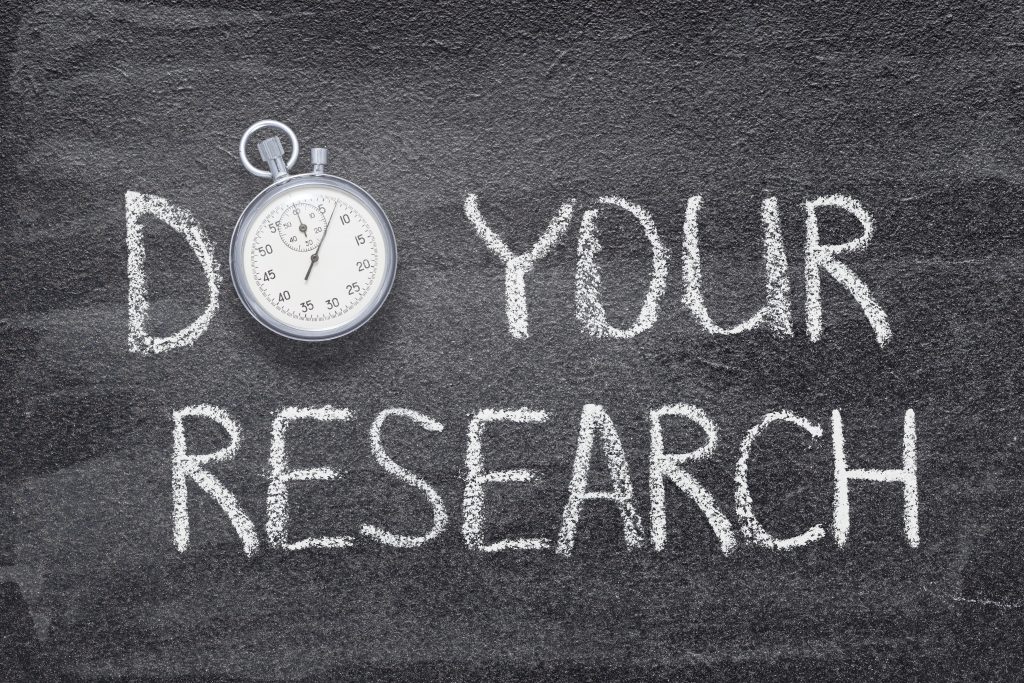
It’s extremely important that you do your homework regarding CBD before administering it to your child.
Today, there are a lot of studies out there regarding the different ways in which this cannabinoid can interact with a child’s body.
Additionally, it’s important to search for resources that illustrate the best dosing methods, administration methods and other things having to do with using this compound for pediatric purposes.
Researching CBD heavily is your responsibility as a parent.
CBD Has the Potential to Aid Your Child with Their Ailment(s)
Research shows that CBD has a strong potential as a pediatric health aid.
If you want to try treating your child with CBD, make sure that you speak to your doctor, research the compound and purchase the best-quality product that you can find.
Also, remember that consistency is key when it comes to experiencing potential results from this cannabinoid.

